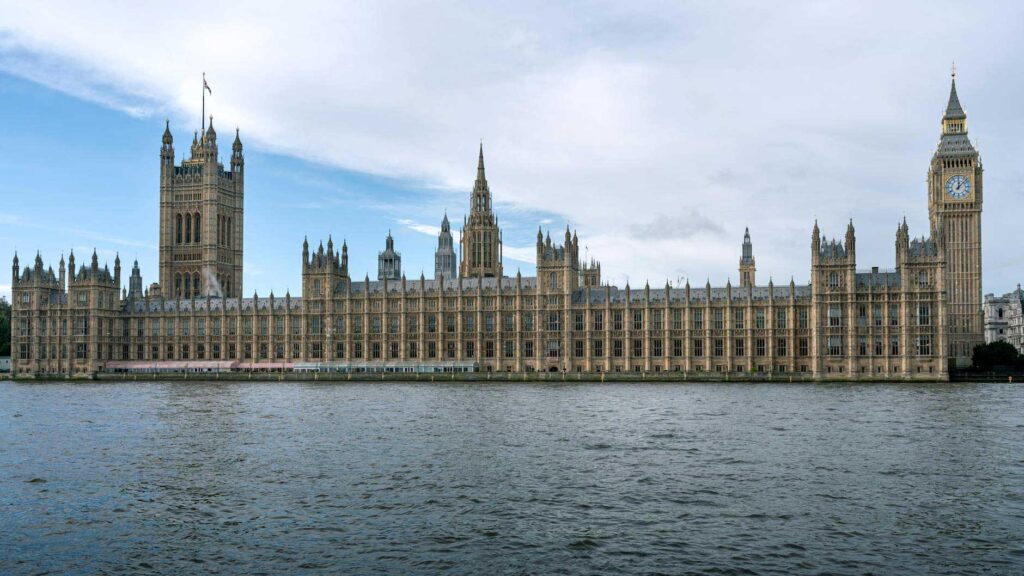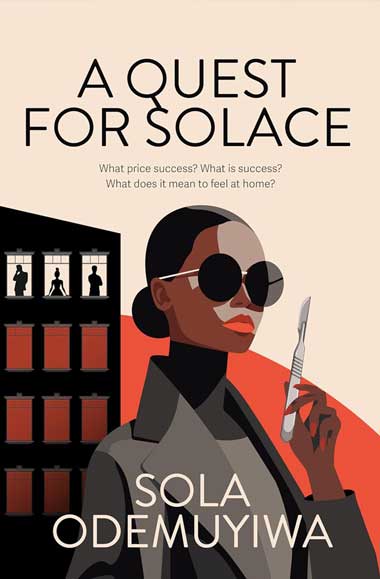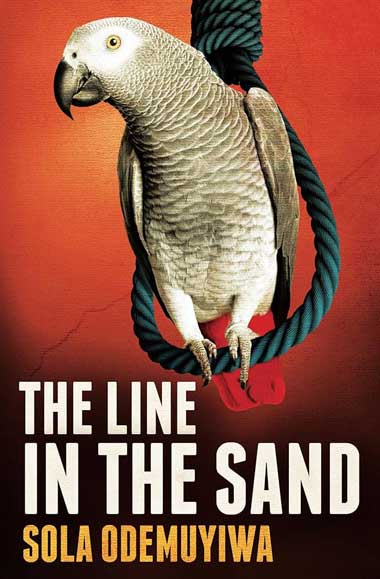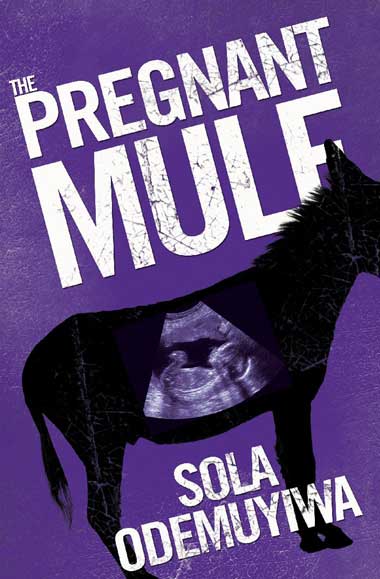A Metaphor for a Broken System
‘The machine broke,’ she said.
Mrs. J J had been referred to a London teaching hospital for a brain scan.
It was a Thursday afternoon clinic in Dorking, a pretty market town in England. Eager to know the result, ‘What did the scan show?’ I’d asked, as soon as Mrs. J J walked in. Before I put a glottal stop in it, an incredulous laugh shot from my mouth. It was her almost West African lilt of resignation that did it. “The machine broke.” What next? No oxygen, gloves, nurses, gas for birthing mothers? Waifs in the street begging for meat?
But I digress. At least the radiographers were honest. What if they’d blasted her with excessive radiation? Then lost her records. A la the Post Office and Haemophilia blood contamination scandals.
Austerity’s Shadow: The Lingering Legacy of Monetarism
It is several months since the General Election and just three and a half weeks after the historic Budget. During the 1980s, the myth took hold that you should run the country like a household. Maybe because the Prime Minister was a woman. Those were the days of monetarism. Every coin or pound note in the country had to be accounted for. If I remember correctly, we tracked M0, M1 and so on, up to M4.
The legacy of those days seems to persist. You want to build a youth playground or library? How are you going to pay for it? A maternity clinic then. How are you going to pay for it? Are you going to impose taxes, print, borrow and send us scampering cap in hand back to the IMF? This cleverly orchestrated chorus is usually conducted by the moneyed and the entitled. For cover, political parties ran their manifesto pledges through the Treasury Model of the economy. Then, leaping onto a podium and flanked by tumescent Union Jacks, they proclaimed that their plans were fully costed.
Fully Costed Budgets: Myths and Realities
Fully costed? For whom? For what?
Budget day came. The first presented by a woman in a thousand years. Now cautiously retired, already shivering in anticipation of colder weather, I sat through every word of it. Drat, I thought, when Ms. Rachel Reeves finished. Getting us better, saving lives will have to wait. Chancellor wants growth. She hiked national insurance, made some crowd-pleasing announcements about fuel duty and potholes. And she bunged the Mackems a few millions for their riverside film complex. I’m a Geordie, so I noticed. By the end of this parliament, debt was going to fall as a proportion of GDP, she said.
Blow my steaming spout, but haven’t we heard these figures before?
I’ve long been intrigued by claims made for the Treasury Model of the economy. It incorporates at least 641 variables now, and rising. From consumption inventories, exports, North Sea oil receipts, public sector receipts, to PSNCR, formerly known as PSBR. How reliable and reproducible are its results? We’ve got only one Britain. Can we run a double-blind controlled trial to test the various interpretations on real people? No. But I concede that we can learn from the past, as Bernanke’s work and his prize for economics show.
The Gamble on Growth: Risks of Narrow Economic Focus
On Budget day, as the Chancellor sat down, excited Labour backbenchers waved their order papers fervently. Call me a pessimist, but I feared that the Chancellor was taking a gamble. Capricious growth has been as skittish as the signal on the BBC I-player. It once peeped through Osborne’s foggy austerity. We’ve barely seen it since. Each time it crept back, a rainy week, a bad headline about retail trade, or the succession frightened it off. We cut taxes and spending on the NHS. We even left the EU. In desperation, we turned to Liz Truss. We all still feel how that turned out.
The House waits for Growth.
Despite investment summits and the public humiliation of ministers for speaking the truth about P&O, the Chancellor could be wrong. I dread to think what will happen if Trump erects trade tariffs. Does planning for another pandemic show up on the Treasury Model? We can’t import youngsters to swell the GDP anymore because the Badenochs are watching. Frictionless trade with the EU is fiction. What if growth is not quite the right type? The south, teeming with hovercraft designers to “stop the boats,” but the north left high and dried out?
The Forgotten Cost: Inequality and Declining Health
The Chancellor is a powerful woman. She can redefine debt. In one stroke, PSBR becomes PSNCR. But death is what, in my youth, we used to call a hard endpoint, difficult to redefine. As Sir Bob Geldof said during Live Aid, people are dying, and dying now. We’ve had years of inadequate spending on an ageing population. A decade of rising inequality and declining health. Between 2015/2016 and 2024/2025, the public health grant fell by 28%. How can a budget be fully costed if it leaves out health?
It was Remembrance Sunday recently. In my mind’s eye, I see one pale-skinned Mr. Rawls at the cenotaph. He is thinking thank you very much, granddad. They say you died for me, but I am doing my dying for myself. Never fired a gun in my life, yet here I am on one leg. And that’s going the way of the other one. Gangrene. My diabetes is off the scale. Don’t need a bookmaker to tell me that I’ll be dead before the end of the year. I’m only fifty-seven. It’s ok for them lot, the politicians in their freebie fancy suits. Would they do as they do with our money if it was their grandkids born out here in the sticks? With no park, no bike, no books, no chance? Where is the justice in that, eh?
Mr. Rawls limps home with riots raging in his head.
Rage and Resilience: What Happens When Systems Fail?
One freezing night, a text from the local hospital tells him his appointment is canceled. The machine broke. Minutes later, his electric heater packs up. A mate tells him that the hospital machine broke because all the money’s gone to Ukraine. Riots in their minds explode together, then online and out onto the streets with the like-minded. Those waiting for this moment surf in on the foaming rage to whip it up.
They are led by a suntanned man. Vote for me and I will make you champions again, he says. Freshly printed sterling for everyone. If the Governor of the Bank of England didn’t like it, he can go and jump. So should the judges, the Treasury, and the other unpatriotic parasites who screwed up his Jane the Baptist, Liz Truss.
We’ve been here before. History is clearing its throat before a repeat. The budget is not fully costed if it has not priced in this risk.
We have a Health Index. It measures a broad variety of health outcomes and risk factors over time and for different geographic areas. Produced by the ONS, the Health Index receives not a fraction of a fraction of the attention the Footsie gets. Yet it should. Projections for our health should be included in all Budgets.
I don’t know what Mrs. J J decided to do when the machine broke. Maybe the money she set aside to start a small business went on a scan instead. I only hope it wasn’t too late.




